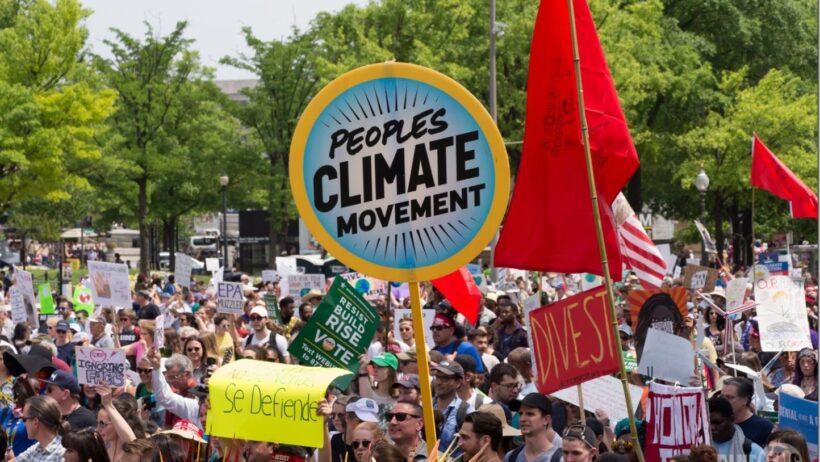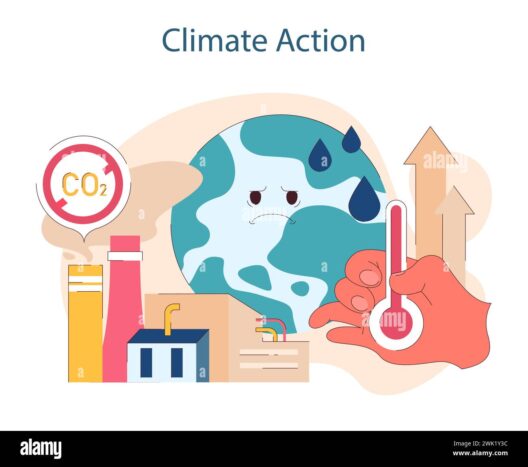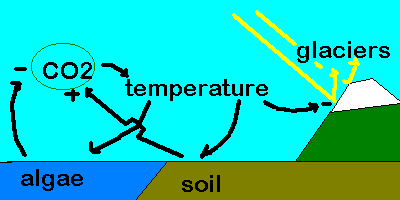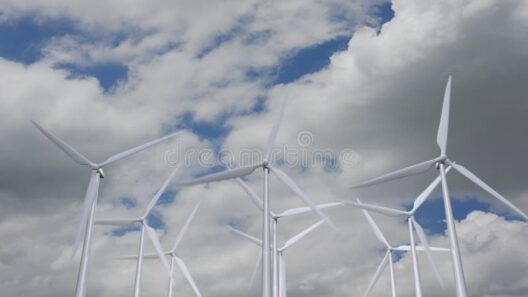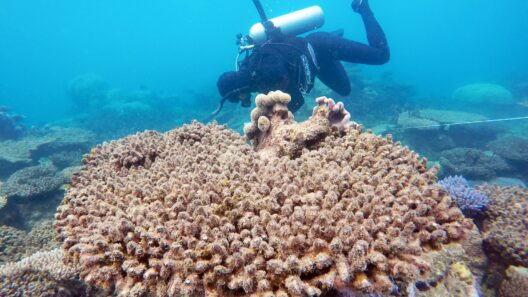Global warming, often visualized as a silent specter looming in the background, exerts profound influences on the socio-cultural fabric of societies worldwide. In this intricate web, sociologists emerge as pivotal pioneers, unearthing the intricate threads that interlace climate change imperatives with social behavior and structures. At its core, the climate crisis can be likened to a cacophony of discordant notes, where each societal response to environmental shifts plays a critical role in harmonizing our future. The critical inquiry, then, is not just about the environmental ramifications of global warming but about understanding the social narratives that shape our responses to these looming threats.
The interaction between society and climate change can be elucidated through the lens of social learning theory. This framework posits that individuals learn within a social context, absorbing and emulating behaviors demonstrated by others. As communities grapple with the tangible repercussions of climate change—be it through erratic weather patterns, shifting agricultural yields, or rising sea levels—sociologists endeavor to analyze how these experiences inform shared knowledge and spur collective action. When one considers the interconnectedness of climate anxiety among the global populace, it becomes state-of-the-art that shared narratives can galvanize social movements directed towards climate justice and sustainability.
The examination of community resilience in the face of climate-induced disruptions serves as a lucid example of sociology’s contributions. Communities facing environmental threats are often characterized by a unique blend of vulnerability and adaptability. Local knowledge, passed down through generations, can be juxtaposed with contemporary environmental science to forge adaptive strategies. Furthermore, the social cohesion within these communities serves as a buffer against climate shocks, showcasing a phenomenon that is often overlooked—collective efficacy. Sociologists play a crucial role in comprehensively documenting these dynamics, thereby informing policies that enhance community resilience.
Moreover, sociologists delve into the phenomena of social stratification, unveiling how climate change exacerbates existing inequalities. The disparate impacts of global warming—where marginalized populations disproportionately bear the brunt of environmental degradation—highlight a crucial intersection of social justice and climate discourse. Understanding how race, class, and geography shape vulnerability to climate impacts allows for a more equitable approach to climate policy. By framing climate change as not only an environmental crisis but a profound social justice issue, sociologists provide a compelling rationale for inclusive policy-making that considers historically marginalized voices.
As the climate crisis provokes a cultural reckoning, sociologists scrutinize the narratives and discourses that permeate public consciousness. Climate denial, for instance, can be understood as a social phenomenon, bolstered by ideological frameworks that obstruct progressive climate action. By employing qualitative research methods such as interviews and ethnographies, sociologists can elucidate the motivations and beliefs of individuals who reject or accept scientific consensus regarding climate change. This nuanced understanding of public sentiment is vital for devising effective communication strategies to foster climate literacy and action.
In another vein, the confluence of technology and societal behavior is of paramount importance, especially in the context of the digital age. Online platforms serve as modern-day agoras, where climate discourse flourishes. Sociologists are equipped to assess how social media shapes perceptions and mobilizes collective efforts to address climate crises. The potential for transnational movements, emerging from localized grievances, showcases the power of interconnectedness in the digital realm. By emphasizing the role of social networks in amplifying climate action, sociologists reveal the mesmerizing potential for grassroots advocacy to transcend geographic boundaries.
As humanity seeks solutions amidst the impending crisis, the concept of social capital emerges as pivotal. Communities rich in social capital are often better equipped to navigate the challenges posed by climate change. Trust, reciprocity, and civic engagement facilitate not only adaptive strategies but also foster communal support systems that are crucial in times of crisis. Sociologists emphasize the importance of nurturing social capital through community engagement initiatives and participatory decision-making processes. These approaches cultivate a sense of ownership over environmental issues, transforming passive observers into active participants in shaping their futures.
Furthermore, the dependency on fossil fuels exposes the fragility of societal structures deeply embedded within unsustainable practices. Sociologists can unearth the cultural significance of these practices, revealing the psychological and emotional ties that bond individuals and communities to carbon-intensive lifestyles. By exploring the socio-cultural dimensions of consumption patterns, sociologists contribute to informed dialogues about lifestyle changes necessary for mitigating climate change. In this manner, sociologists become crucial allies in reimagining sustainable futures, where new norms and values can emerge organically from within communities, rather than being imposed from the top down.
The intricate dance between society and the environment necessitates a multifaceted approach, where the input of sociologists is not merely advantageous but essential. Global warming is an existential threat—yet it is also a catalyst for social transformation. Every step we take towards understanding the social implications of climate change opens avenues for collective action, advocacy, and change. The challenge now lies in weaving together the narratives of climate and sociology, forging a future that transcends mere survival. It is about thriving in a harmonious symbiosis between humanity and the planet.
In summation, sociologists are the chroniclers of humanity’s journey through the climate crisis, offering insights that help shape our responses to an ever-changing world. Their work illuminates the pathways through which societies can foster resilience, equity, and sustainability—a clarion call to embrace a future where collective understanding and action redefine our relationship with the earth.



